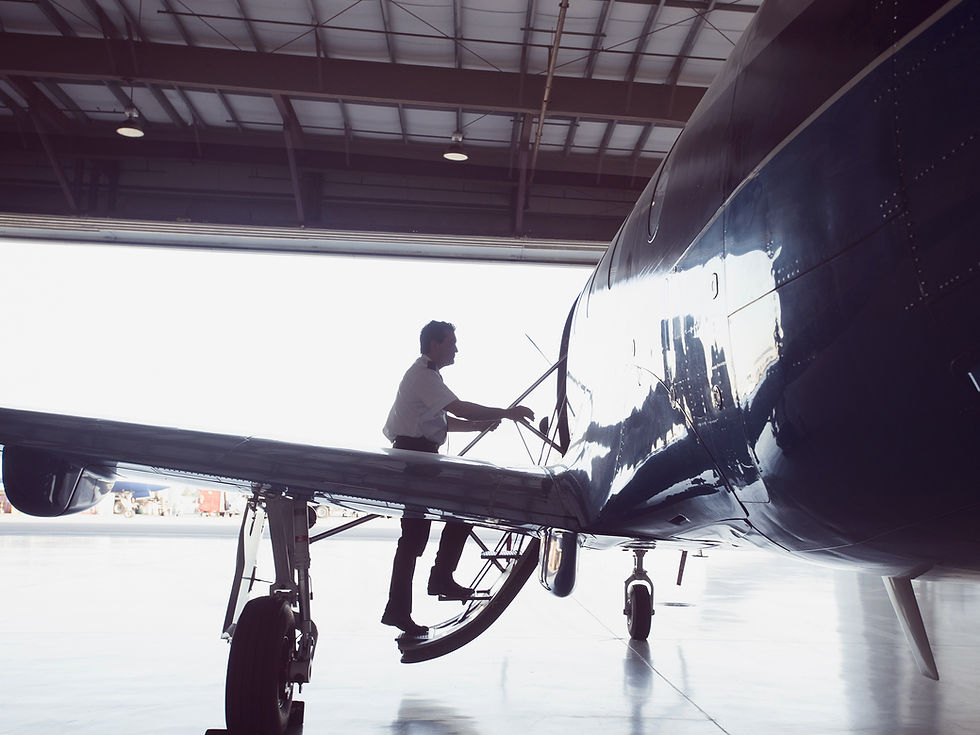The Latest in Aviation: Innovation, Sustainability, and Workforce Trends
- Mara Recruit

- Nov 20, 2024
- 5 min read
The aviation industry is soaring to new heights in 2024, with exciting developments across technology, sustainability, and workforce transformation. From new aircraft designs to innovative environmental strategies, the aviation landscape is undergoing rapid change. In this blog, we’ll explore some of the latest aviation news and how these trends are shaping the future of the industry.

The Rise of Sustainable Aviation: Green Technologies Take Flight
Sustainability is now a core focus for the aviation industry, with airlines and manufacturers working to reduce their carbon footprint. One of the most exciting innovations is the development of sustainable aviation fuel (SAF), a biofuel made from renewable sources like plant oils, waste, and even algae. SAF is already being used in commercial flights, and its potential to reduce emissions could revolutionise air travel.

In addition to SAF, aircraft manufacturers are increasingly focusing on electric propulsion and hybrid-electric technologies. Companies like Airbus and Rolls-Royce are testing electric planes with the goal of introducing small, zero-emission aircraft for short-haul flights in the next decade. The E-Fan X by Airbus, for example, represents a groundbreaking step toward reducing aviation’s environmental impact by using electric engines to power a portion of the aircraft.
These advancements are crucial as airlines look to meet the ambitious targets set by global agreements like the Paris Climate Agreement. The International Air Transport Association (IATA) has pledged to achieve net-zero carbon emissions by 2050, and the rise of green technologies is a key part of this goal.

Next-Gen Aircraft: The Future of Air Travel
While green technologies are reshaping the aviation industry, new aircraft designs are also pushing the boundaries of what’s possible. The much-anticipated Boeing 777X, set to enter service in 2025, promises to revolutionise long-haul travel with its more fuel-efficient engines, advanced aerodynamics, and larger windows. With a wider cabin and quieter engines, the 777X is designed to enhance the passenger experience while improving fuel efficiency by up to 10% compared to previous models.
Additionally, Supersonic flight is making a comeback. The new Boom Overture aircraft, which aims to fly at speeds of over 1,300 mph, could cut flight times in half, drastically changing how we think about long-distance travel. Expected to be in service by the late 2020s, the Overture will fly at speeds faster than sound, dramatically reducing travel time between major hubs like New York and London.

However, supersonic flight is not just about speed; noise pollution and sustainability remain significant challenges. Companies like Boom Supersonic are working on solutions to reduce the loud sonic boom that traditionally accompanies supersonic travel, ensuring the future of high-speed air travel is both sustainable and quiet enough to operate over land.
The Global Aviation Workforce: Recruitment & Talent Shortages
While technological innovation takes center stage in the aviation sector, there’s also a growing conversation about the aviation workforce. In recent years, the industry has faced a significant talent shortage, particularly in areas like pilots, technicians, and engineers. This shortage has been exacerbated by the COVID-19 pandemic, which led to layoffs and furloughs across the industry.

As global air traffic rebounds and airlines expand their fleets, there’s a pressing need for skilled professionals. Pilot recruitment is one of the most critical areas. According to the Airline Pilots Association, the world needs an estimated 34,000 pilots by 2025 to keep up with the growing demand for air travel. This has led to a boom in pilot training programs, as airlines and flight schools ramp up efforts to train the next generation of aviators.
Moreover, as the aviation industry invests in new technologies like electric aircraft and autonomous flight, there’s an increasing need for specialised talent. Engineers with expertise in electric propulsion, AI-driven navigation systems, and sustainable fuel technology are in high demand. Recruitment agencies like Mara Recruit are playing a vital role in sourcing talent for these high-tech, high-skill roles, ensuring that the aviation workforce is prepared for the future.
The Return of Supersonic Business Jets

Not just for commercial airlines, supersonic flight is also making waves in the business aviation world. Aerion Supersonic, which ceased operations in 2021, was working on a luxurious supersonic business jet capable of traveling at Mach 1.4. Now, Boom Supersonic and others are entering the business jet race, with an eye on a new generation of private aircraft that will cut travel times significantly for corporate executives and high-net-worth individuals.
These new jets will not only provide incredible speed but will also feature luxurious, high-tech interiors designed to provide comfort during supersonic flights. The market for private supersonic jets is expected to grow significantly as demand for faster and more exclusive travel options rises.
Aviation Safety and Security: Embracing New Technologies
The safety and security of air travel remain a top priority for the aviation industry, and new technologies are enhancing these aspects. AI and machine learning are now being used to analyze flight data and predict maintenance issues before they become critical, reducing the risk of mechanical failures during flight.

Moreover, airports and airlines are adopting biometric technology to streamline the passenger experience. Facial recognition systems, already being used in some airports, promise to reduce wait times and improve security by allowing passengers to pass through check-ins and security more efficiently.
The Future of Air Travel Post-Pandemic
Post-pandemic, aviation is also seeing a shift in passenger behavior. The pandemic has made travellers more aware of health and safety protocols, and airports and airlines are responding with enhanced sanitation practices, touchless technology, and health screening processes. As countries open up and international travel resumes, the industry is focused on rebuilding trust with passengers.
As global travel recovers, the demand for low-cost carriers (LCCs) and private aviation is also increasing. Many travelers are seeking flexible and cost-effective options for both short and long trips, leading to a surge in private charter services and innovative models like "on-demand" flight bookings.
The Sky's the Limit for Aviation in 2024 and Beyond
The aviation industry is experiencing a period of incredible transformation. From sustainable technologies that promise a greener future to groundbreaking innovations in aircraft design, the sector is setting its sights on a new era of flight. At the same time, the need for skilled professionals to support these advancements has never been greater, driving demand for talent in engineering, piloting, and maintenance.

As aviation continues to evolve, Mara Recruit is committed to helping bridge the gap between the industry’s growing demand for talent and the professionals ready to take to the skies. If you’re looking to launch or advance your career in aviation, or if your company needs top-tier aviation talent, we’re here to help.
Stay tuned for more aviation updates and contact Mara Recruit to explore exciting opportunities in the ever-evolving world of aviation.




Comments